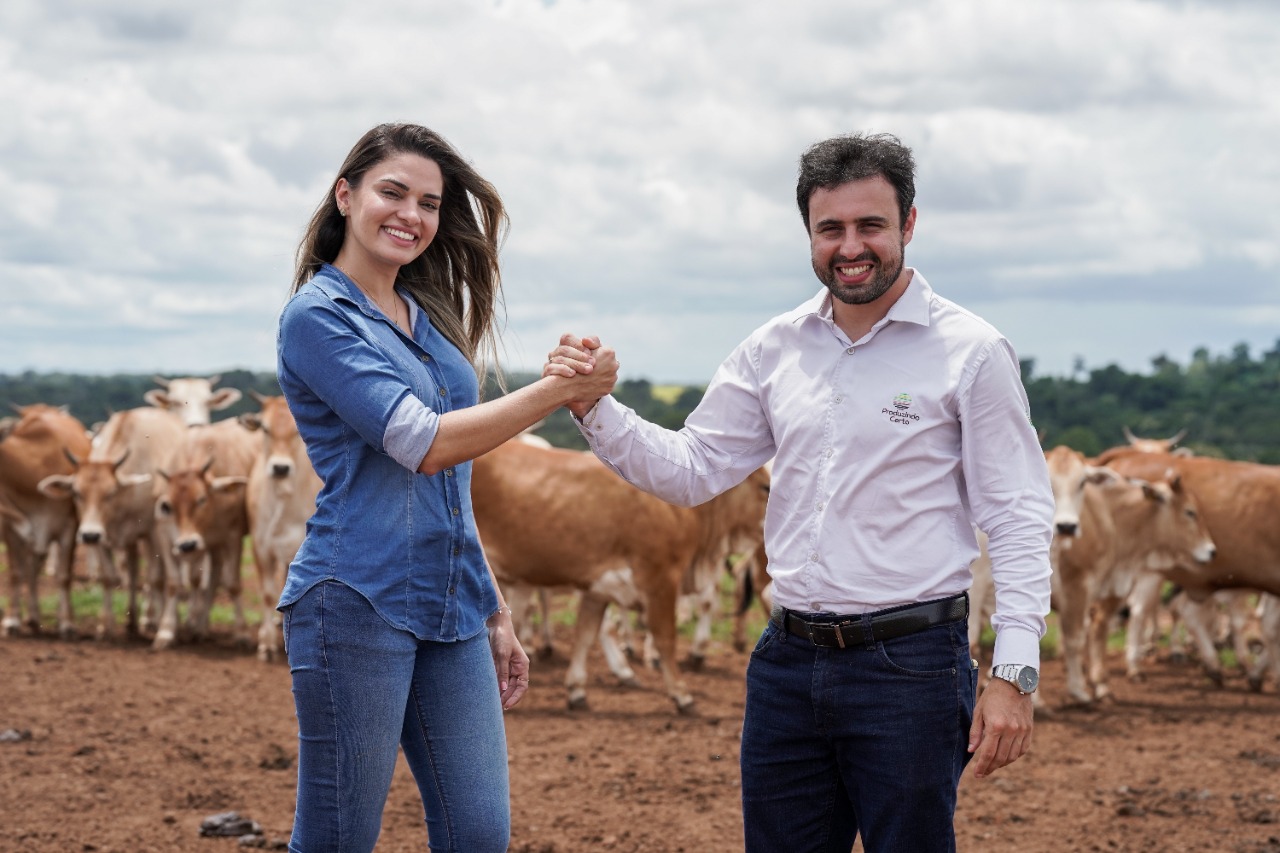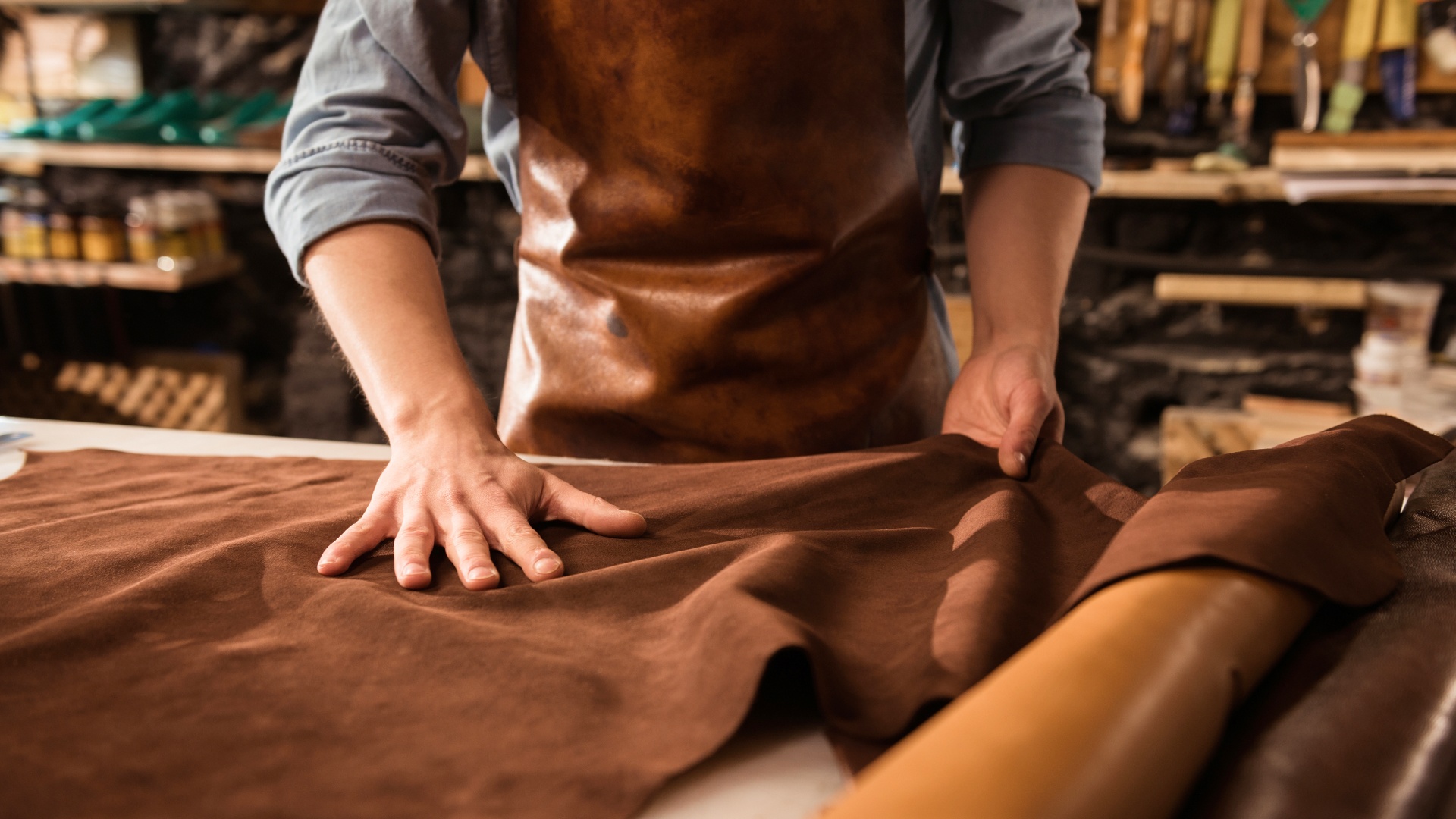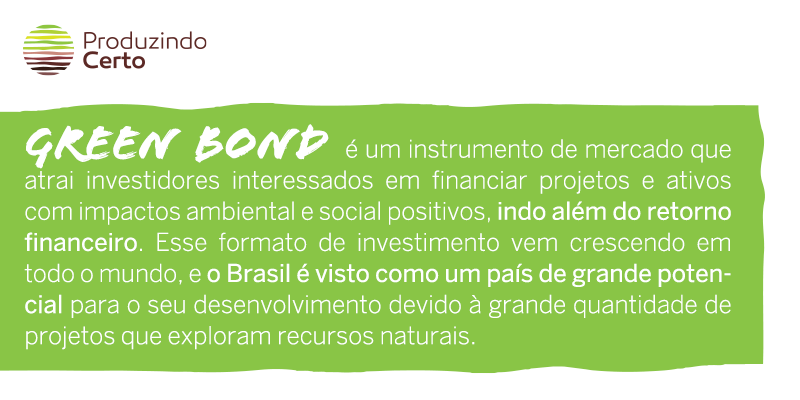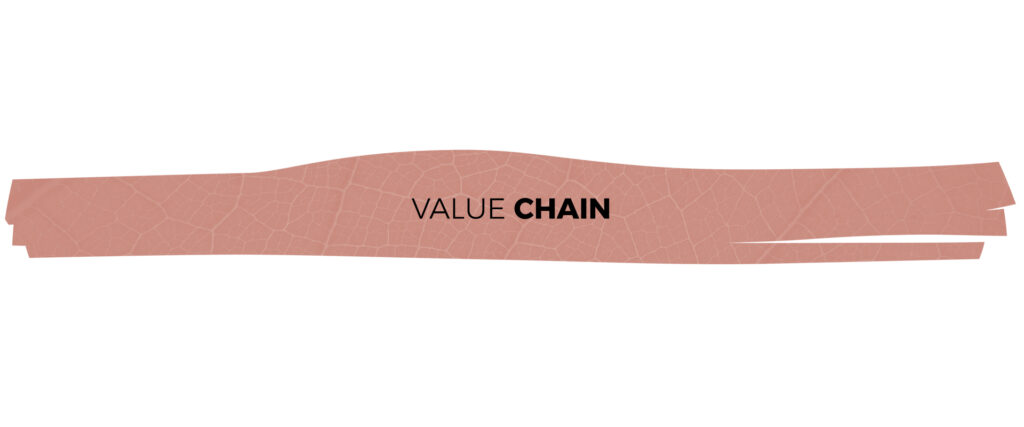
With the support of Produzindo Certo, Grupo Pão de Açúcar’s (GPA) exclusive meat line has guaranteed traceability and greater social and environmental performance
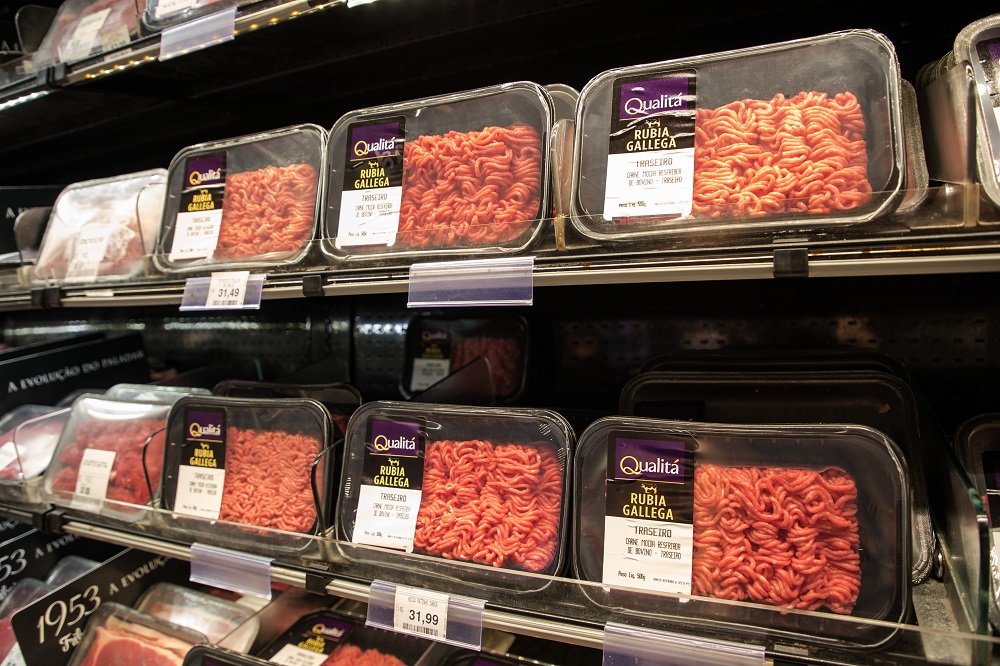
What’s behind the meat you buy at the supermarket? If it is a Rubia Gallega of the Qualitá brand sold at Pão de Açúcar stores, what you see on the shelves is the result of controlled production, with supply chain surveillance, support to producers, and more sustainable livestock practices.
Since 2016, Produzindo Certo has been a partner of Grupo Pão de Açúcar in a unique initiative, which has helped develop suppliers for the responsible production of meat coming from Europe. The Rubia Gallega cattle breed is recognized for its genetic quality and nutritional characteristics that are beneficial to human health. It also stands out for the care taken in its production, including soil type, quality of animal feed, compliance with social and environmental criteria, and genetic improvement of the species.
GPA has been selling the line of specialty meats from this breed exclusively in Brazil for ten years. All breeding stages, including rearing and finishing of the cattle, are conducted on farms of partner producers, ensuring full traceability of the chain from animal insemination to sales on the shelves of grocery stores. “GPA wants to transform its value chains, engaging the players in more responsible and sustainable practices,” explains Susy Yoshimura, the company’s Director of Sustainability and Compliance.
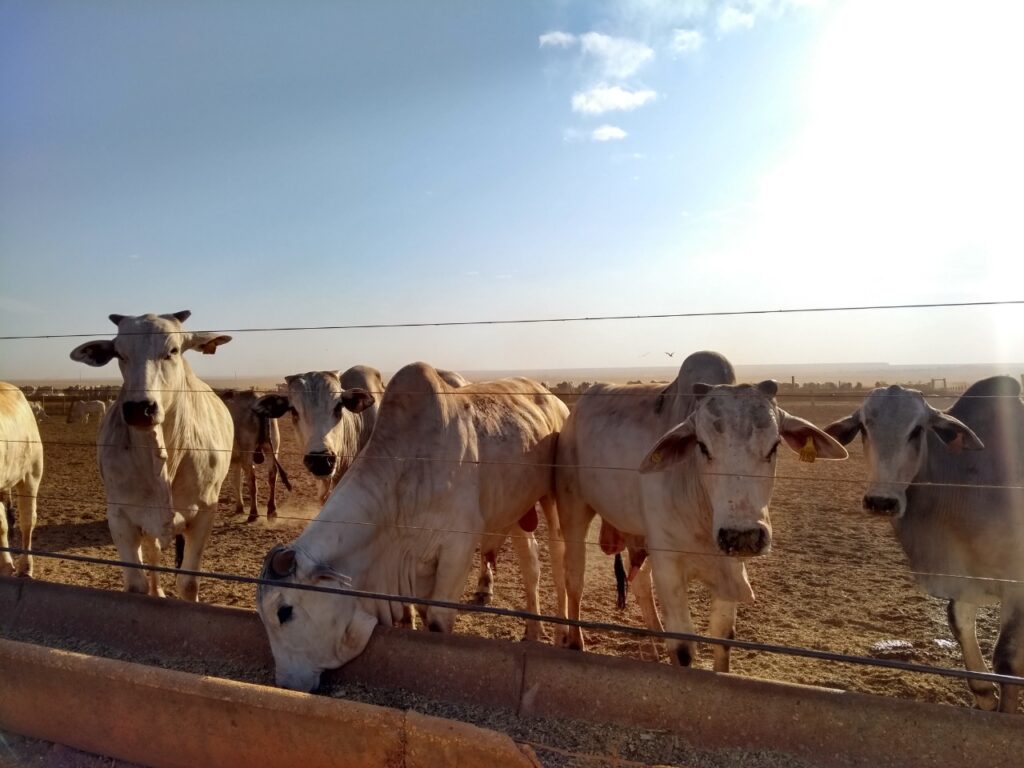
This requires intense fieldwork by the Produzindo Certo technical team, a careful evaluation of a checklist with more than 70 indicators, on-site visits to properties, and remote sensing products. Herd information such as age, weight, and animal characteristics are monitored, as well as other productive information. Concerning social and environmental aspects, the survey considers information on hiring employees, working hours, health and safety, the condition of the employee’s quarters, animal welfare, deforestation records, embargoed areas, fines received, and overlaps with Indigenous lands or conservation areas.
Possible conflicts with Indigenous lands and conservation areas are identified by cross-referencing property boundaries with maps provided by FUNAI and ICMBio, respectively. If overlaps with these areas are identified, the property is excluded from the platform and its supply to GPA is interrupted.
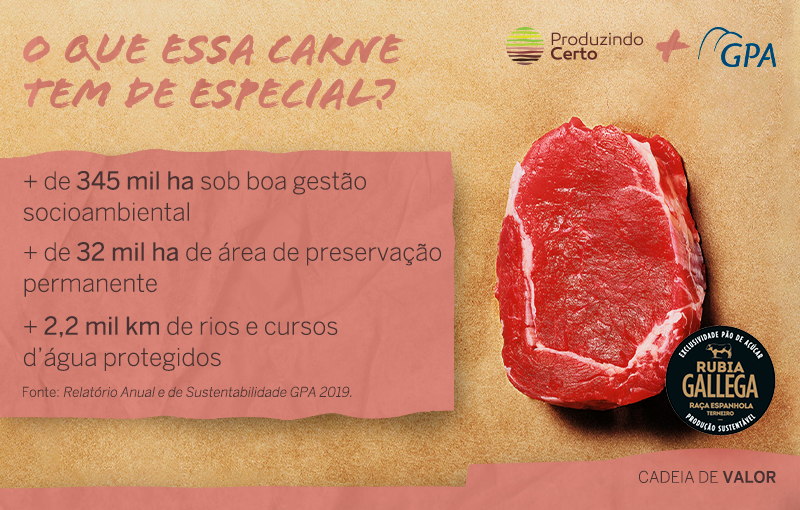
In cases of deforestation, Produzindo Certo’s work is associated with the main alert systems used in Brazil and is, therefore, continuously updated. The platform is integrated with the Prodes system of the National Institute for Space Research (INPE), which annually consolidates and disseminates information on deforestation in the country and is the main official body; and MapBiomasAlerta, a system launched last year that consolidates information from a series of deforestation alert systems from official control bodies every month, such as INPE, IBAMA, Ministry of the Environment, Chico Mendes Institute for Biodiversity Conservation (ICMBio), and the Brazilian Public Prosecutor’s Office, as well as from research centers and non-governmental organizations: University of Maryland, the Amazon Institute of People and the Environment (Imazon), and the Social and Environmental Institute (ISA).
Through the Produzindo Certo evaluation and monitoring system, it was possible, for example, to ensure that the GPA supplier farms did not register cases of illegal deforestation last year, even though they are located close to regions where fire outbreaks were registered in the Amazon.
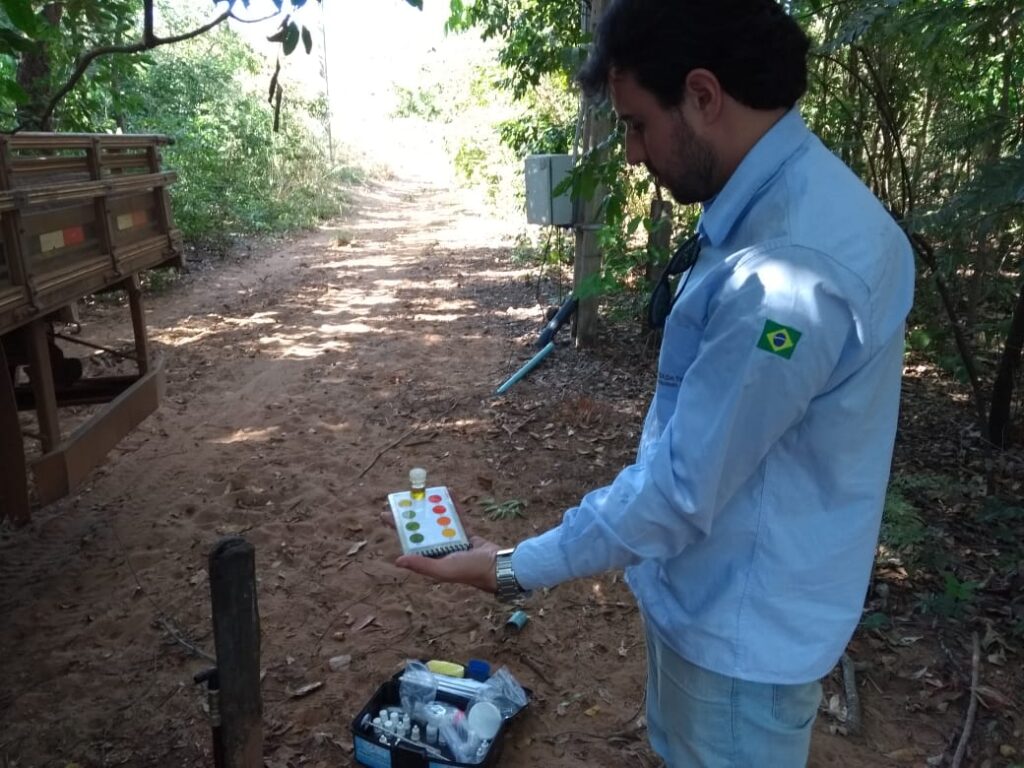
“The technical team conducted a thorough social and environmental assessment in 100% of the farms that produce Rubia Gallega meat in Brazil. We can safely say that all these farms comply with the requirements, ensuring the consumer a production process that contributes to the protection of natural resources and the appreciation of people who work in the field. One of the most impressive results was the fact that, even in the great fire crisis that occurred in Brazil in 2019, there were no fire outbreaks in any of these farms”, says Aline Locks, CEO of Produzindo Certo.
In addition, suppliers that supply the Rubia Gallega meat to GPA need to prove that they have in place environmental management programs, practices to encourage personal and professional growth of employees, and technologies to produce more using the same land area.
In line with its purpose of transforming agribusiness chains and respect for producers, Produzindo Certo also provides technical support for the continuous improvement of property management. In this way, it takes knowledge to ranchers, advises on the benefits of adopting best practices, and offers tools that can guide them toward more sustainable agriculture.
“Suppliers receive a diagnosis of adherence to compliance and sustainability criteria and an action plan for improving the production processes of these farms in order to make them more sustainable in environmental, social, and economic aspects, as well as animal welfare. Aliança da Terra (currently Produzindo Certo) has brought expertise of the field and an inclusive approach that is indispensable in making the project possible”, adds Susy.
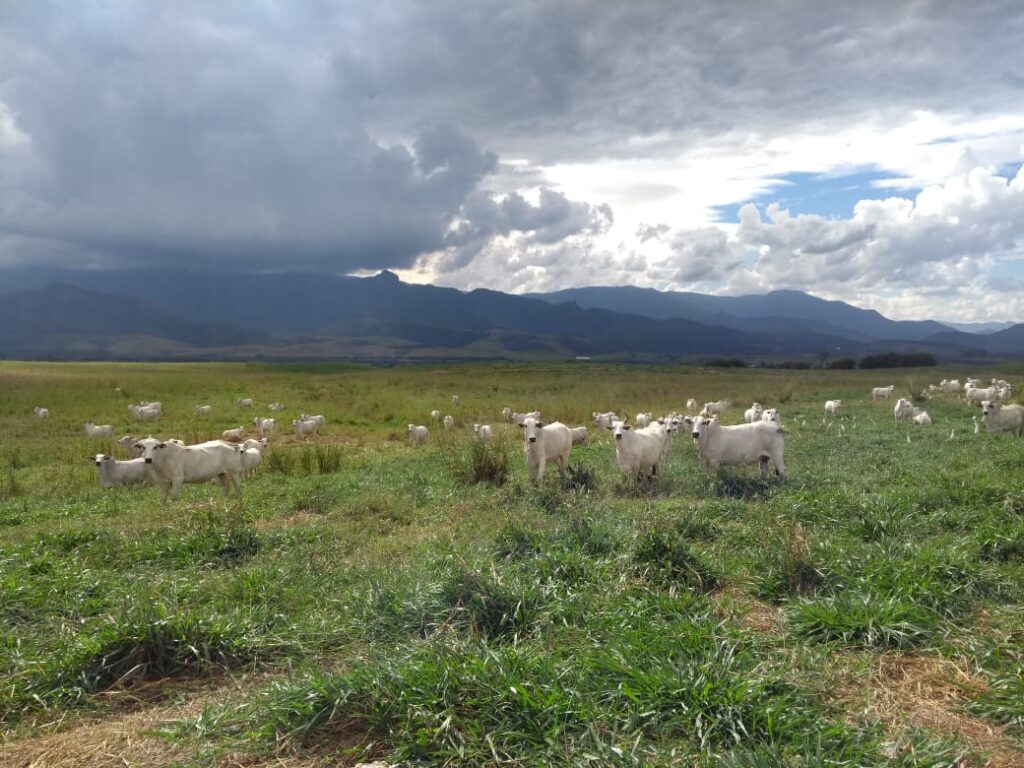
This process facilitates the management of the chain, brings producers and purchasing companies closer together, and ensures greater transparency at a time when agribusiness chains are under pressure to improve their traceability practices and prove that their products do not contribute to environmental degradation.
The transparency provided by systems such as Produzindo Certo’s, together with the monitoring and technical support program for rural producers, are part of this search for productive systems with less environmental impact and greater respect for society.
———-
Click here to learn more about Produzindo Certo’s Value Chain product.
